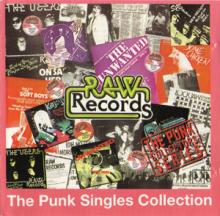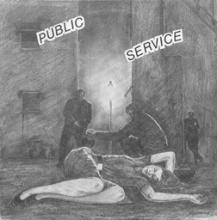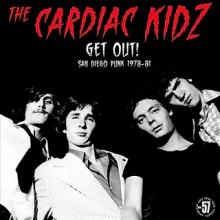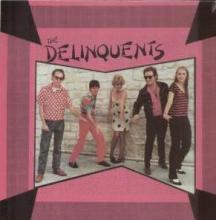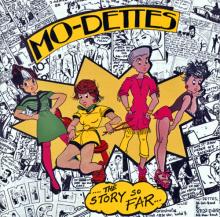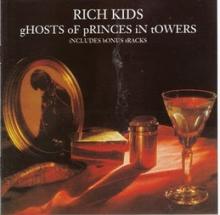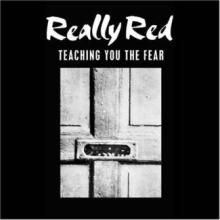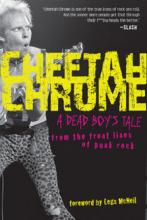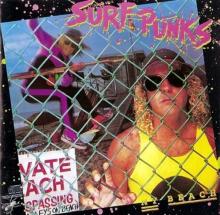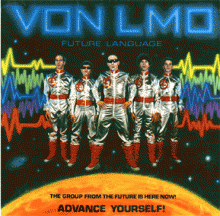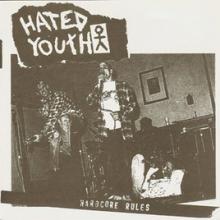The prospect of a lifetime musician writing a book should inspire a certain amount of dread in our hearts. Bob Dylan’s Tarantula was one of the biggest hoaxes put over on hippies. Really, it’s trash. Granted, he thought to string along a bunch of nonsense that attempts to mimic some of Burroughs’ lesser moments and we didn’t. But that’s about where the accolades should end.
Writing an autobiography, obviously, is a completely different deal. Taking the thoughts and remembrances swirling around in one’s head that constitute a history of some sort should come off a far sight better than anything that passes for high brow literature. On occasion, though, a book can surprise a reader.
Cheetah Chrome’s A Dead Boy's Tale: From the Front Lines of Punk Rock, published through Voyager Press, doesn’t rank as the finest music autobiography ever issued. But it’s up there if you, kind reader, have an affinity for Cleveland and New York punk stuffs run through the eyes of a rambling guitarist now settled in Nashville. But before getting into what we might all learn from such a read, it should be noted that Chrome isn’t a professional writer. He probably wouldn’t hedge to tell you that. But the book is relatively well soldered together from disparate memories and strung along in chronological time. Whoever line edited the thing, though, should be concerned for their job, though.
Typos aside, Chrome focuses pretty heavily on the time he spent growing up on the near west side of Cleveland, just north of route 2. Driving over the bridge after reading A Dead Boy's Tale takes on a whole new glimmer. His stories about smoking, drinking and growing the odd pot plant over there lends life to a part of town that probably isn’t to different today than it was during the fifties – apart from who lives there, at least.

